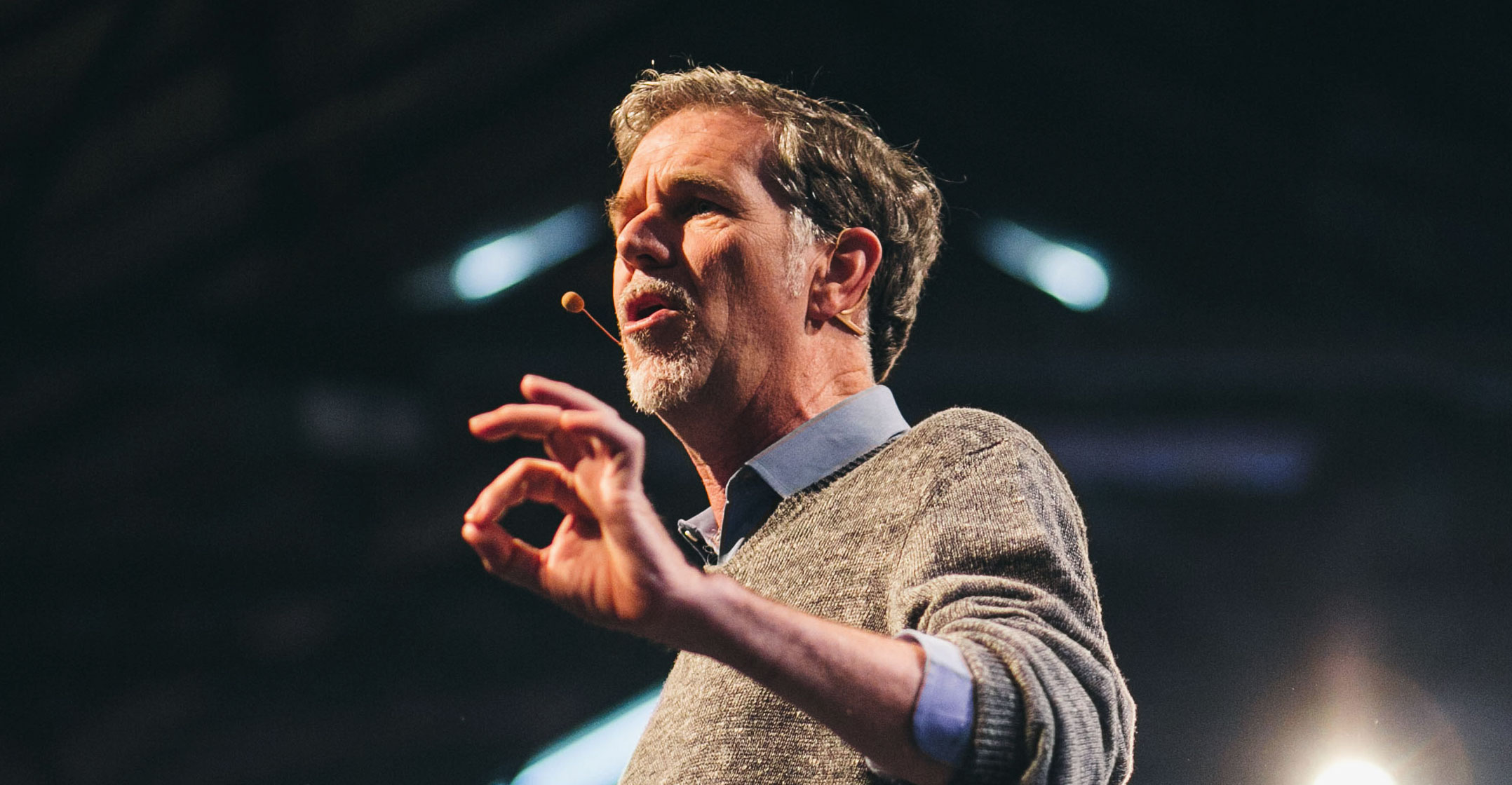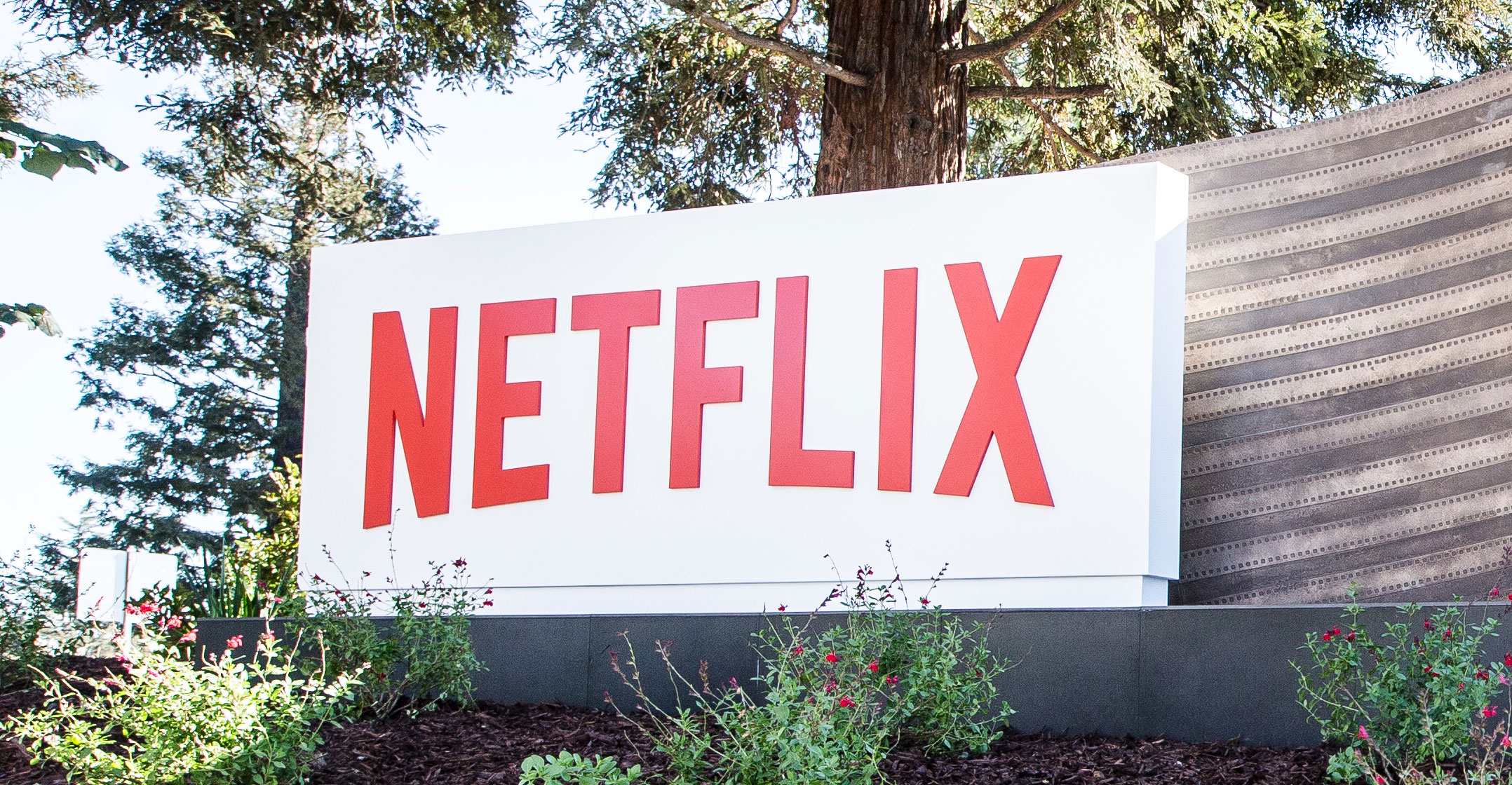
Netflix, criticised for its marketing practices, has denied that it tailors the promotions of movies and TV shows based on the race of viewers.
Netflix users have complained that the service is trying to manipulate them into watching certain programmes by touting secondary characters that are the same race as the viewer. Several black subscribers cited a thumbnail image for the movie Like Father that features African-American performers Leonard Ouzts and Blaire Brooks — even though the movie stars two white actors (Kelsey Grammer and Kristen Bell).
The concern is that Netflix is setting up a bait-and-switch scenario: Ouzts and Brooks are in the movie, but only have small parts.
Stacia L Brown, creator of the podcast Hope Chest, raised the issue on Twitter: “Does your queue do this? Generate posters with the black cast members on them to try to compel you to watch?” she said. “These actors had maaaaaybe a 10 cumulative minutes of screen time. 20 lines between them, tops.”
The company denied that it was serving thumbnails based on race. But Netflix has been open about constantly testing which images convince users to watch a programme. Different viewers see different thumbnails depending on their streaming history, and they’ll often see different promotions for the same show if previous thumbnails didn’t convince them to watch.
“Reports that we look at demographics when personalising artwork are untrue,” the Los Gatos, California-based company said in a statement. “We don’t ask members for their race, gender or ethnicity, so we cannot use this information to personalise their individual Netflix experience. The only information we use is a member’s viewing history.”
Thumbnail tests
Netflix has touted the thumbnail tests as one of many attempts to improve the customer experience — and increase the amount of time its users spend watching the service. But it can be a fine line to walk. Users may cancel their subscriptions if they felt mistreated.
“I wasn’t surprised by it, but did feel like it was a counter-intuitive marketing tack,” Brown said in a follow-up message. She noted that other black Netflix users had commented saying they’d been “tricked” into watching content. “The practice alienates consumers.”
Using algorithms to promote videos also has brought headaches to other tech companies, including YouTube and Facebook. They’ve drawn outcry for serving increasingly extremist videos and news to users, which critics say has helped radicalise and divide society. Even dating app algorithms have come under fire for reinforcing racial biases.
 Netflix has largely avoided criticisms over the use of algorithms because it doesn’t feature user-generated content, and it only offers a limited, human-selected catalog of programmes.
Netflix has largely avoided criticisms over the use of algorithms because it doesn’t feature user-generated content, and it only offers a limited, human-selected catalog of programmes.
But the company does have a spotty track record in terms of racial diversity. Netflix fired its chief communications officer in June for making racially insensitive remarks at the office. It later hired a new head of diversity to help make its workforce more reflective of its subscribers, rather than skewed toward white males.
Earlier this year, Netflix launched its “Strong Black Lead” effort, which highlights the work of black creators and talent, including Ava DuVernay and Lena Waithe. The push uses multiple social media channels to tell audiences where they can find movies and shows with black talent.
“We seek to be great at inclusion, across many dimensions, and these incidents show we are uneven at best,” CEO Reed Hastings said in June. “We have already started to engage outside experts to help us learn faster.” — Reported by Lucas Shaw and Jordyn Holman, (c) 2018 Bloomberg LP



